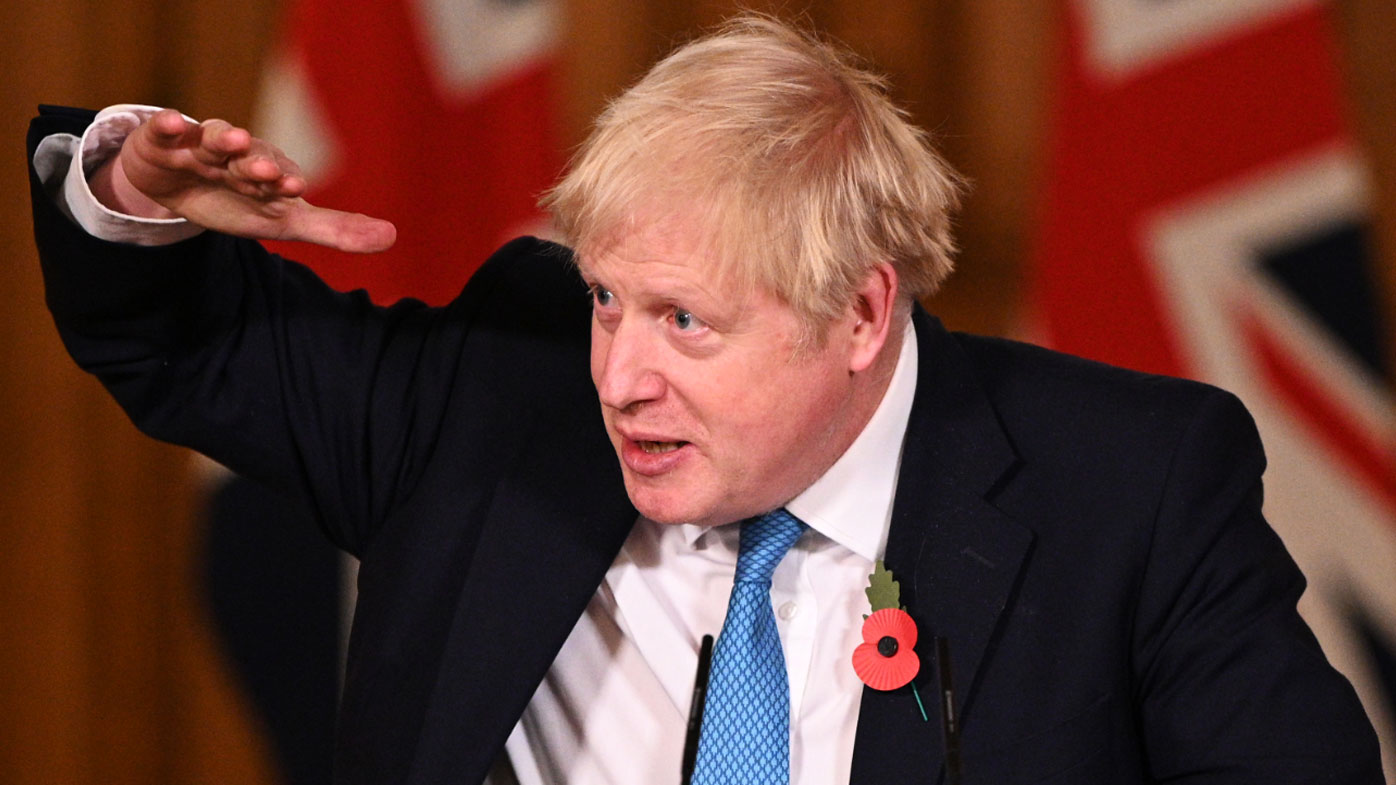
Former British prime minister Boris Johnson dithered and his reaction was "too little, too late", an expert report said.
The UK's crucial delay in imposing a lockdown during the pandemic led to 23,000 deaths in the first wave of COVID-19, an inquiry into government responses found.
Former prime minister Boris Johnson is blasted in the expert report for failing to grasp the severity of the virus and reacting "too little, too late", the BBC reports.
By global standards, Britain moved sluggishly in the early months of the pandemic.
LIVE UPDATES: Tropical Cyclone Fina headed for NT coast

If voluntary measures, such as social distancing and isolating those with symptoms at home, had been introduced earlier than March 16, 2020, lockdown may have been avoided, the report said.
But the dithering by the Johnson government during a vital week made lockdown inevitable and led to 23,000 more deaths in England across the initial wave than would have been seen otherwise.
The governments of all four nations in the UK - England, Wales, Scotland and Northern Ireland - were slammed by inquiry chair Baroness Hallet.
But she levelled stinging criticism of Johnson who oversaw a a "chaotic culture" in Downing Street, the official London home and office of the British prime minister.
He repeatedly changed his mind about the need for tougher controls, which meant the second lockdown in England was only introduced in November 2020 and came too late to contain the virus.
READ MORE: Australian shares plunge to six-month low in sharp drop
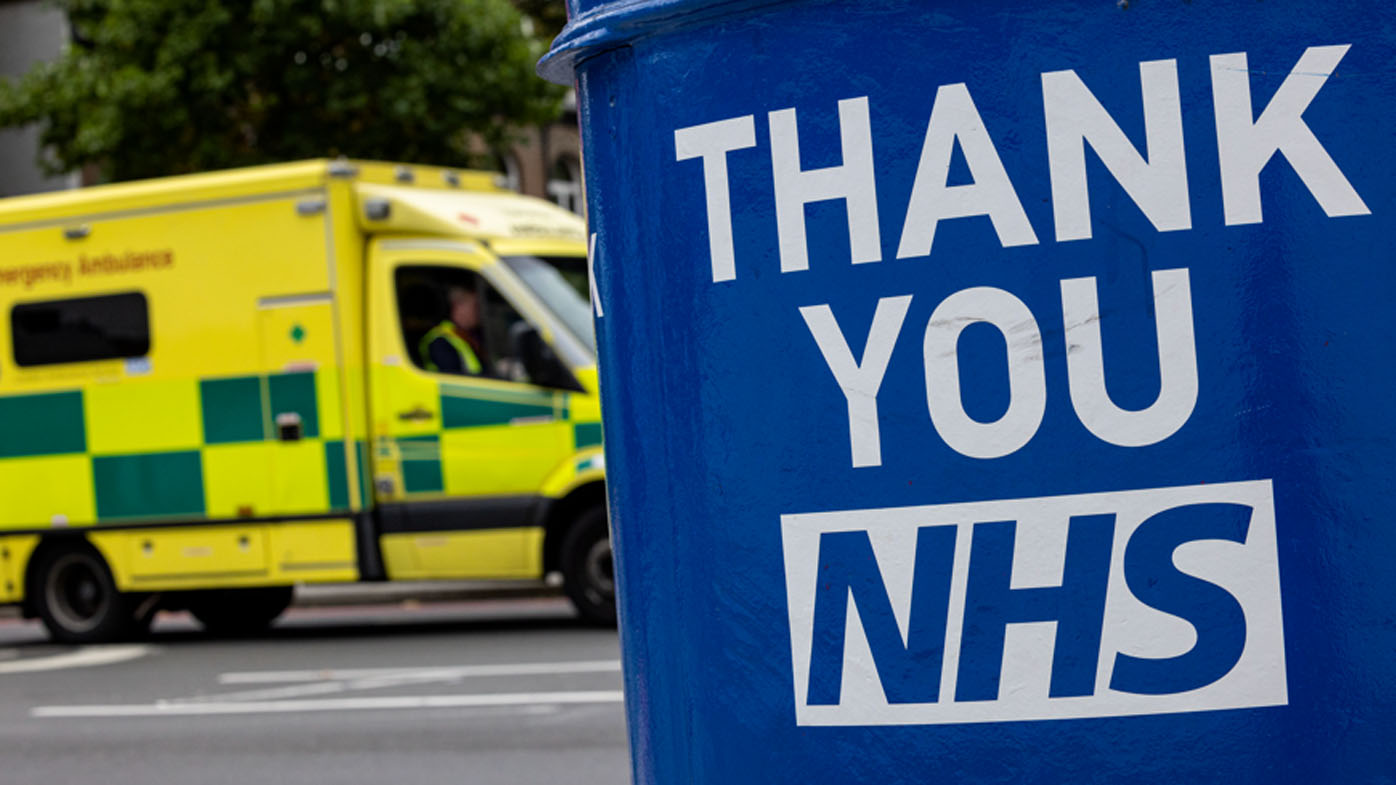
Cabinet ministers, including former health secretary Matt Hancock, and government scientists were also slammed by the inquiry for their slow responses during the pandemic as case numbers ballooned.
The inquiry also highlighted how politicians and their advisers who broke restrictions undermined public confidence in the government.
They include close Johnson aide Dominic Cummins who travelled hundreds of kilometres from his London home to north-eastern England.
But the inquiry praised the UK government for its "remarkable" introduction of vaccinations, and the prioritisation of vulnerable groups receiving the jab.
 Frame-by-frame images show how plane exploded into a fireball
Frame-by-frame images show how plane exploded into a fireball
 Schoolies warned about potentially fatal illness that can be mistaken for flu, hangover
Schoolies warned about potentially fatal illness that can be mistaken for flu, hangover
 'Punishable by death': Trump's shock threat to Democrat veterans
'Punishable by death': Trump's shock threat to Democrat veterans
 Former political staffer accused of staging anti-Trump attack on herself
Former political staffer accused of staging anti-Trump attack on herself
 Baby toy sold at Kmart and Target pulled from shelves over choking risk
Baby toy sold at Kmart and Target pulled from shelves over choking risk
 Deli meats sold in NSW and Queensland recalled due to listeria fears
Deli meats sold in NSW and Queensland recalled due to listeria fears
 Streaming site Twitch joins social media ban list
Streaming site Twitch joins social media ban list
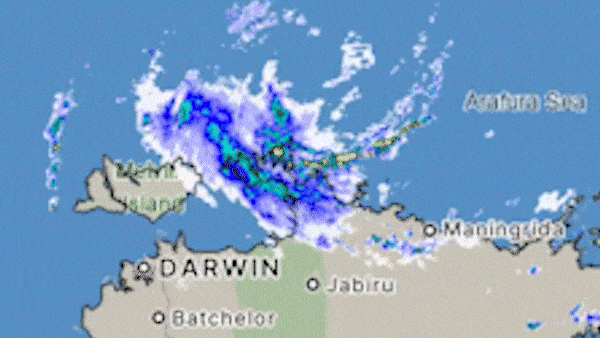 'Shelter' warning issued as Cyclone fina approaches
'Shelter' warning issued as Cyclone fina approaches
 Former presidents honour Dick Cheney, while Trump, Vance snubbed
Former presidents honour Dick Cheney, while Trump, Vance snubbed
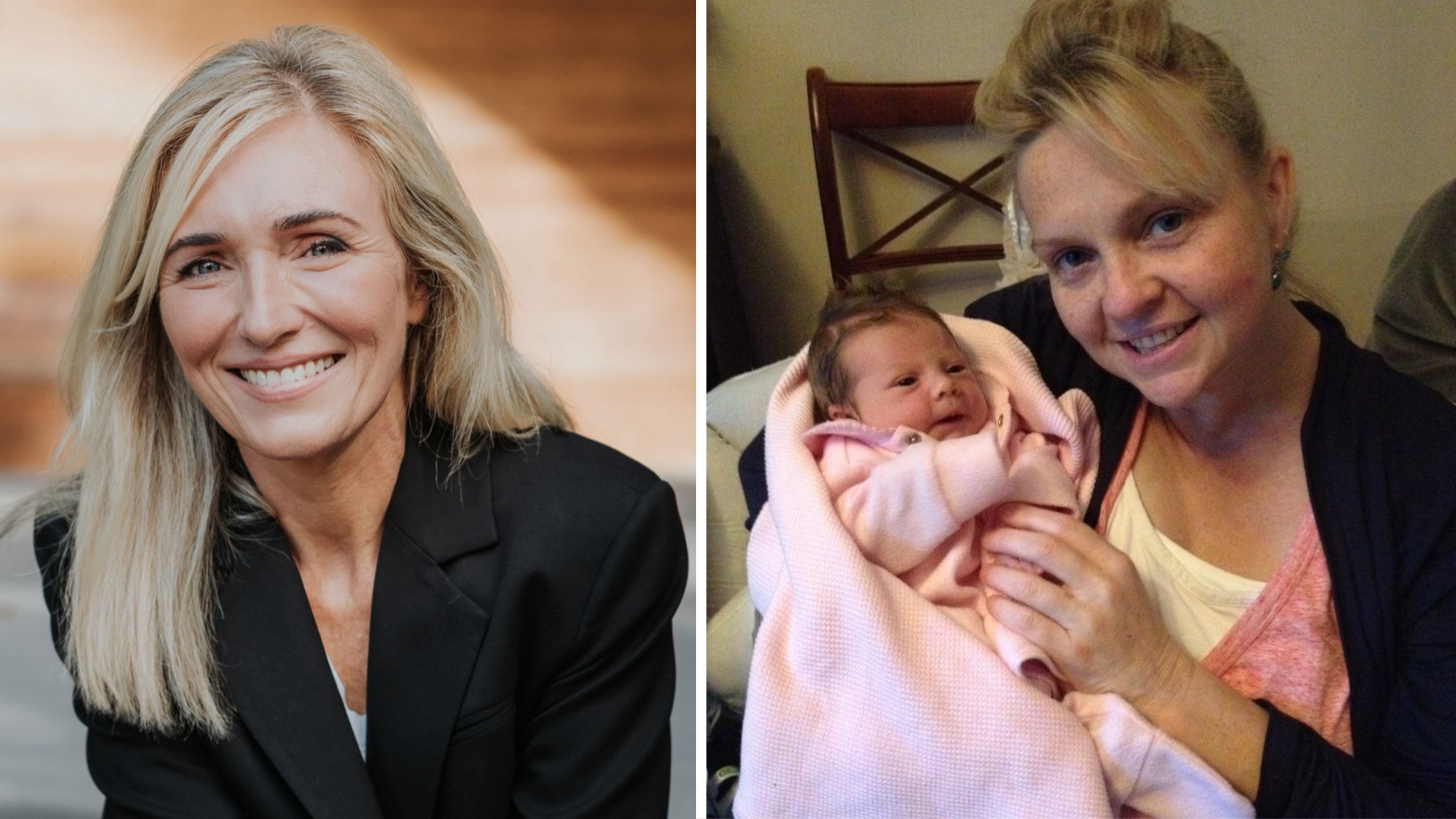 Liz and Julie didn't plan on giving birth in their late 40s. They say it made them better mums
Liz and Julie didn't plan on giving birth in their late 40s. They say it made them better mums
 When Adam applied for an entry-level job, he found himself up against 6600 others
When Adam applied for an entry-level job, he found himself up against 6600 others
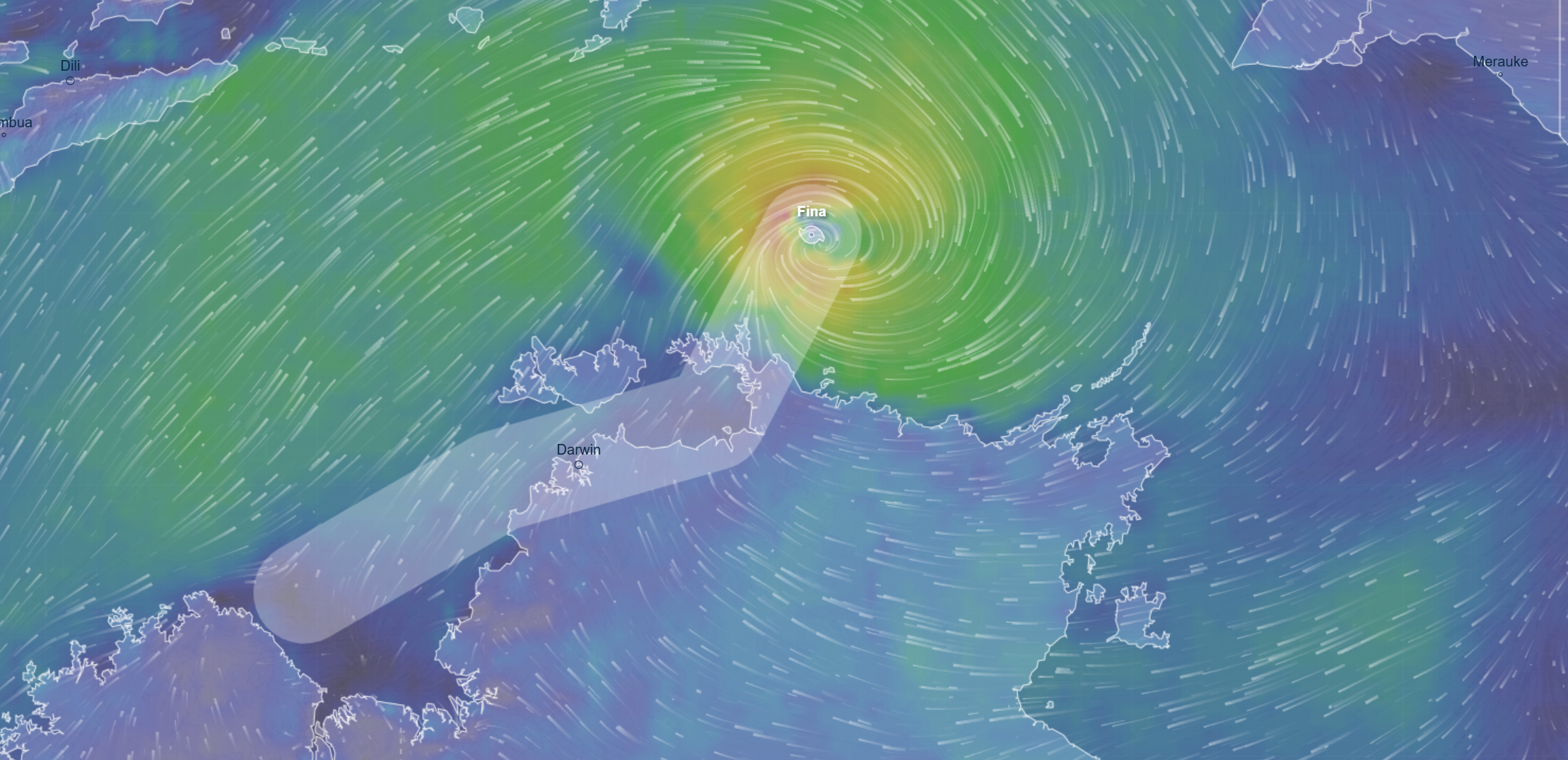 Brief reprieve before Cyclone Fina strengthens, heads towards NT coast
Brief reprieve before Cyclone Fina strengthens, heads towards NT coast
 Major discovery proves gigantic sharks roamed Australia's coastlines
Major discovery proves gigantic sharks roamed Australia's coastlines
 Close-up pictures show interstellar comet zipping past Mars
Close-up pictures show interstellar comet zipping past Mars
 Highly infectious, deadly disease 'likely circulating' in Sydney
Highly infectious, deadly disease 'likely circulating' in Sydney






